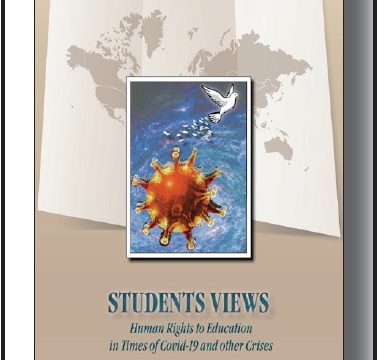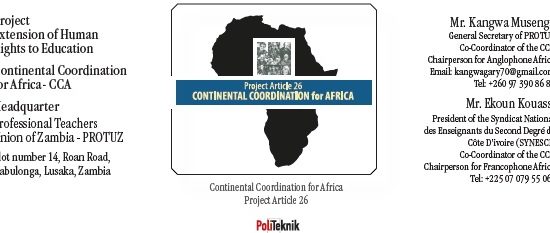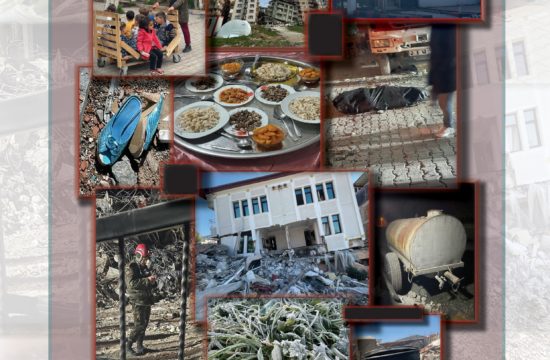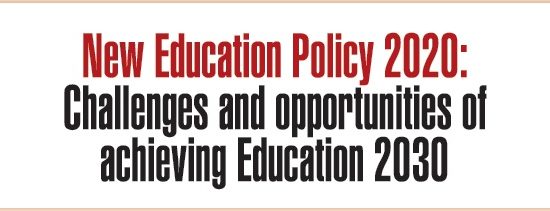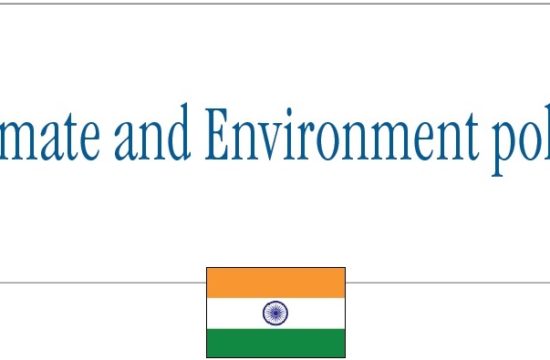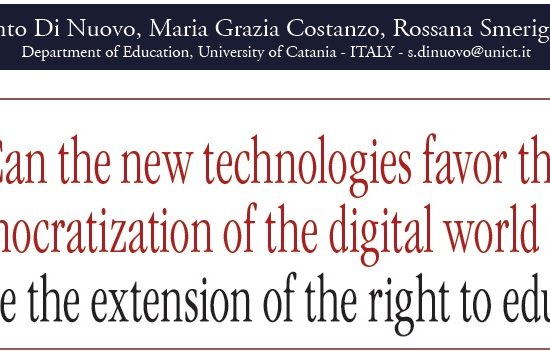Laxmi Tyagi
Head Mistress, Primary School Khurrampur-1, Murad Nagar Ghaziabad Uttar Pradesh – INDIA, anujtyagilaxmi@gmail.com
Covid-19 had created the century’s biggest havoc marring every sphere of life of people and nature. Education too got badly affected and created a challenging task for teachers, students and parents. India declared nationwide lockdown on March 24, 2020 which continued in phases, to contain the spread of multiple waves of the COVID-19 pandemic. Perhaps India imposed one of the longest school closures globally.
These school closures have revealed the inequities between urban and rural populations, as well as between girls and boys, homeless migrants and affluent class, organized and unorganized labour force in adapting to online learning tools. COVID-19 pandemic has caused tremendous disruption to students‘ learning.. In India, it is estimated that it has left over 286 million students from pre-primary to upper secondary school out of school since March 2020. As most schools continue to remain closed, students, parents and educators are becoming increasingly concerned. Evidence from past prolonged school closures shows that such disruptions can set back generations of children for life.1
As per World Bank, every year of schooling lost translates to potentially 9% lower future earnings for a student. The report also states that while schools were globally shut in the first half of 2020, many countries such as Australia, Singapore, Japan, South Africa, USA, UK and China kept them largely open through 2021. In fact, many countries prioritized keeping schools open vis-a-vis malls, shops, gyms etc. such that schools were last to close and first to open.2
The longer the closure of schools, the greater will be the economic impact. The World Bank estimates the global average present value of earning losses from these disruptions is around 25,000 USD per child for a 7- month shutdown. Scaling this earning loss to India’s GDP per capita and given that we have 250 million children in school, the estimate implies that the school closure will cost India approximately 1.14 trillion USD over the lifetime of these children.
Major challenges the teachers
faced in teaching remotely during lockdown (%)
The The longer the closure of schools, the greater will be the economic impact. The World Bank estimates the global average present value of earning losses from these disruptions is around 25,000 USD per child for a 7- month shutdown. Scaling this earning loss to India’s GDP per capita and given that we have 250 million children in school, the estimate implies that the school closure will cost India approximately 1.14 trillion USD over the lifetime of these children.3
Teachers face several challenges with remote teaching and many see no benefits to teaching remotely over teaching in school. Teachers‘ top challenges are the inability to reach students (75 per cent) and lack of class discipline (51 per cent). Some consider a lack of e-skills (12 per cent) and additional expenditure (7 per cent) as barriers to effective remote teaching.
Losses during closures are likely to snowball after children return to school if lessons and curriculum do not match their learning level. In India, in response to COVID-19 related school closures, a wide range of stakeholders are concerned and striving to come out with possible solutions. However the teachers’ community is more worried as it is the teachers who have to bear the ultimate responsibility and corrective measures.
WhatsApp is the most commonly used remote teaching tool with 89 per cent of teachers using WhatsApp to provide remote education, followed distantly by textbooks (21 per cent), home visits (21 per cent) and YouTube (19 per cent).

Fifty (50) per cent of teachers have spent more money on teaching materials now than before the closure of schools due to COVID. Moreover, 9 per cent of teachers have additional duties, for which most (70 per cent) were not receiving compensation.
Teachers: Despite school closures, most teachers were at work
Despite all the challenges some teachers 21% teachers taught through text books, 21% conducted home visits and other physical means. UNICEF STUDY 2020
Small Initiative by me with my
school children;
I Mrs Laxmi Tyagi ,Head Mistress made a courageous effort during Covid led lockdown. I am head Mistress of a Govt Primary School where children fom poor and marginalized community are studying. Out school provides them Mid-Day Meal, School Uniform, Free books, stationary and other reading material. Despite we also conduct periodical health check up.
Laxmi Tyagi ,Head Mistress made a courageous effort during Covid led lockdown. I am head Mistress of a Govt Primary School where children fom poor and marginalized community are studying. Out school provides them Mid-Day Meal, School Uniform, Free books, stationary and other reading material. Despite we also conduct periodical health check up.
We however conducted online schooling for all boys and girls of our school who had smart phone in their families on sharing basis.
Nevertheless, I decided to take a challenging initiative of going house to house to contact every child who were not able to be accessed by smart phone. I distributed periodical learning material and lessons to my pupils and taught them in small groups maintaining the social distancing norms.
I also motivated my colleagues to join me in home visits at students homes and conduct the home based classes.
I also motivated my colleagues to join me in home visits at students homes and conduct the home based classes.
We conducted this initiative during entire lockdown period and was appreciated by parents, community, school management committees and Government officials as well. I am really happy to maintain the schooling of my school children during entire lockdown period and prevented the children from getting disconnected from school learning.
- RAPID ASSESSMENT OF LEARNING DURING SCHOOL CLOSURES IN THE CONTEXT OF COVID UNICEF INDIA COUNTRY OFFICE(12- Report on rapid assessment of learning during school closures in context of COVID-19.pdf)
- Covid Lockdowns: The cost of school closures in
India<Covid Lockdowns: The cost of school closures in India | The Financial Express>3 Feb 2022 - Jaipuria Shishir, Covid Lockdowns: The cost of schoolclosures in India, Covid Lockdowns: The cost of school closures in India | The Financial Express, Feb 3, 2022


